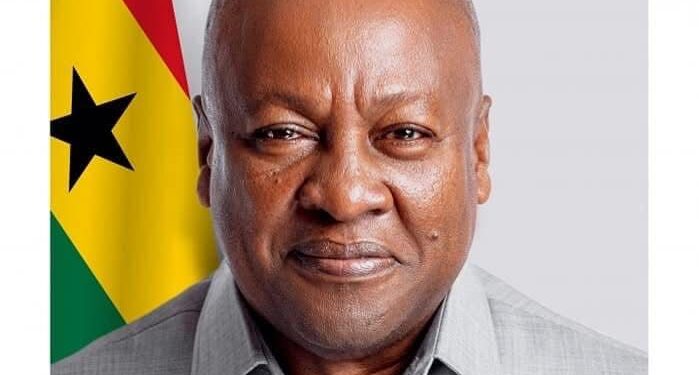Leaders of the Sahel States, Mali, Burkina Faso, and Niger have been invited to attend the official launch of ECOWAS’s 50th Anniversary celebrations in Accra, despite their suspension from ECOWAS.
The invitation was made by Ghana’s President, John Dramani Mahama.
Announcing the move at a press briefing on Thursday, April 17, 2025, Minister for Foreign Affairs, Samuel Okudzeto Ablakwa, described the invitation as a diplomatic gesture aimed at fostering dialogue, rebuilding trust, and promoting unity within the West African sub-region.
The Golden Jubilee of the Economic Community of West African States (ECOWAS) will be officially launched on April 22, 2025, at the Accra International Conference Centre. Established on May 28, 1975, ECOWAS has served as a pillar of regional integration and cooperation over the past five decades.
Ghana’s selection as host has been widely celebrated as a testament to the country’s enduring commitment to Pan-Africanism, peace building, and regional solidarity.
President Mahama will host the event, which is expected to draw high-profile dignitaries including the Chairman of the ECOWAS Authority of Heads of State and Government, President Bola Ahmed Tinubu of Nigeria; the President of the ECOWAS Commission; various Heads of State and Government from member countries; and representatives from international and regional organizations.
The event will feature the unveiling of the ECOWAS@50 anniversary logo and the announcement of the official theme for the Jubilee year. The celebration is set to kick off a series of commemorative activities across all member states throughout the year.
Following the launch, Ghana will also host an Extraordinary Meeting of the ECOWAS Council of Ministers from April 22–23. The meeting will bring together foreign and finance ministers to discuss critical regional matters, including the implications of Mali, Burkina Faso, and Niger’s recent withdrawal from ECOWAS to form the Alliance of Sahel States (AES).
Ablakwa underscored ECOWAS’s achievements in regional trade, free movement, infrastructure, and peacekeeping. He cited initiatives such as the ECOWAS Trade Liberalisation Scheme, the ECOWAS Brown Card Insurance Scheme, the West African Power Pool, and the Abidjan‑Lagos Corridor as examples of the bloc’s transformative impact.
To ensure a successful celebration, a Planning Committee led by the Ministry of Foreign Affairs is working in collaboration with the ECOWAS Commission and key stakeholders. While ECOWAS will bear the bulk of the financial costs, Ghana has pledged to provide comprehensive logistical and security support.
With the spotlight on Ghana, the country is prepared to lead the ECOWAS@50 celebrations with pride, inclusiveness, and a renewed commitment to regional integration.

